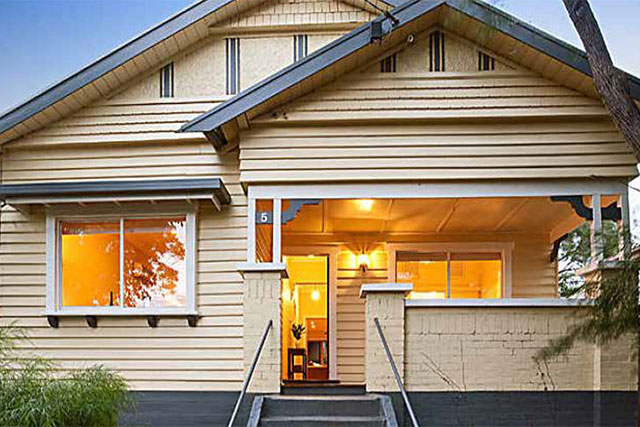In this article:

1. Work out your budget. If you’re thinking about buying an investment property, the first thing you need to do is figure out what you can afford based on your income, expenses, expected rental return and anticipated loan repayments. Plan ahead by having a pre-purchase approval in place and make sure you get unconditional approval for any finance required before heading off to auction.
2. Select a preferred suburb. Many factors will influence your property buying decision, and location is one of them. Proximity to a CBD or other major employment hub often drives demand and capital growth, and the same goes for easy access to public transport, hospitals, schools and major roadways.
3. Determine a property type. Often your budget and location will dictate what kind of property is right for you, but don’t forget to take into account the attributes that are in demand by prospective tenants. What’s more popular in the area – an apartment or a house? Will your tenants want a garage or will street parking suffice? How about a yard or garden area? Think about what’s important for potential renters and choose accordingly
4. Renovate or rent as is? If you are purchasing a property to renovate, be clear on your objectives and avoid changing plans on a whim. Create a budget and ensure you have the ability to access funding as and when required. Renovations can get very costly if they aren’t anticipated, so plan accordingly.
5. Research and more research. Inspect similar properties in the area, check sales results in the newspapers and utilise on-line resources such as RP Data for free suburb reports. Get to know the neighbourhood, the street and the surrounding area, including local transportation and other facilities that are popular with local residents.
6. Inspections are essential. Carefully inspect all prospective properties and keep an eye out for any potential issues. The last thing you want to do is unknowingly purchase a property that requires a substantial renovation due to structural issues. If you aren’t sure, do yourself a favour and hire an expert to make sure the place is in good nick.
7. Get legal advice. Consider engaging a property lawyer or conveyancer to take you through the contracts and legal agreements associated with your investment. This kind of paperwork can often be daunting and a keen eye can relieve a lot of unnecessary stress that comes with buying a property.
8. Ensure you’re insured. It is important to keep your assets protected with appropriate insurance, and for property investors, landlords insurance is key. A good policy will cover you for repairs, floods, fire or theft and you can often opt for cover against unpaid rent too.
9. Managing your investment. The main goal for any investment is to get the best returns possible. Enlisting a qualified rental property manager might be a good way to go as they often have knowledge of what else is in the market and can make sure that your property is getting the rental yield that it should.
10. Tax planning. One important part of property investment is ensuring that you’re getting the ongoing tax benefits. A tax office compliant depreciation schedule works by making sure that you’re able to maximise the return on your investment property by itemising how much depreciation to claim on your property come tax time. The best part? A tax depreciation schedule is 100 per cent tax deductible.

 Contact Us
Contact Us Find a Broker
Find a Broker